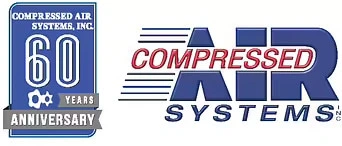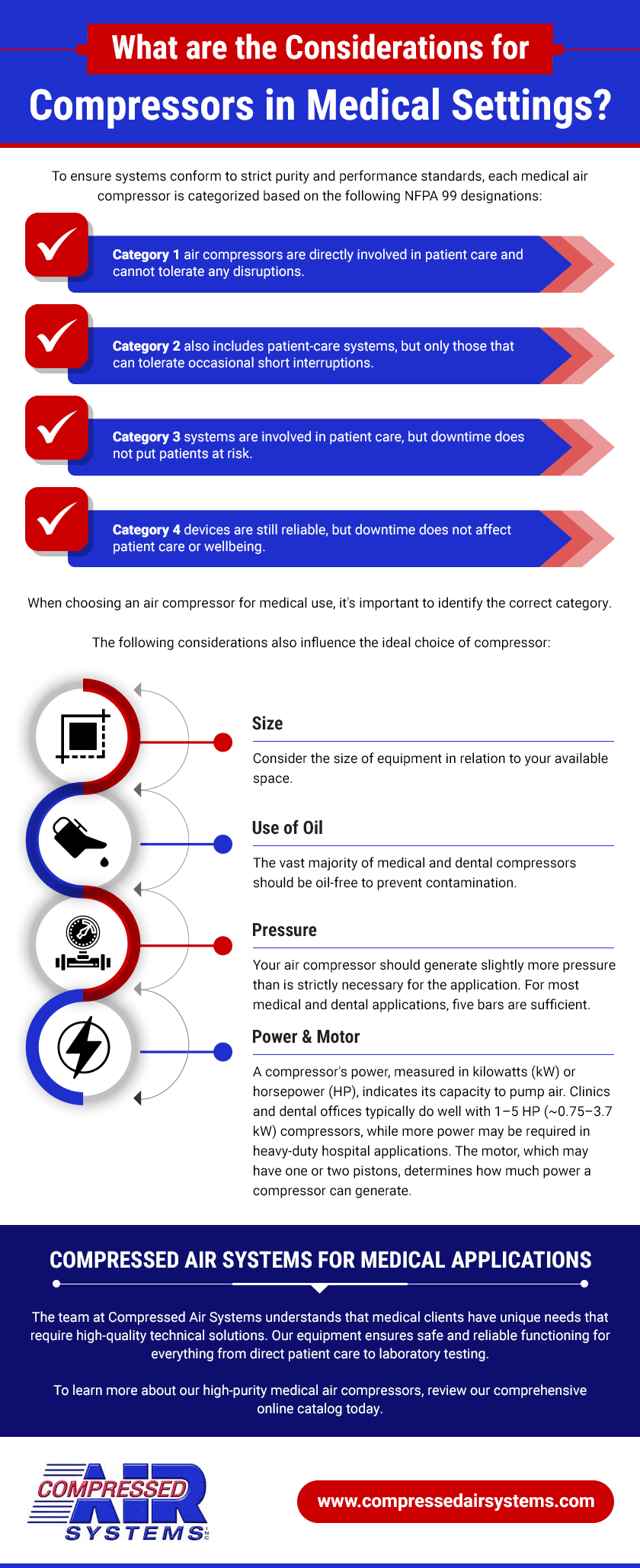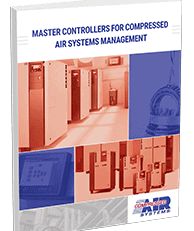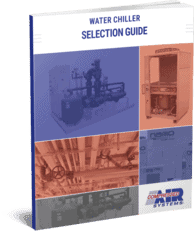Medical Applications
Compressed air is critical for many medical applications, whether to power tools, sterilize equipment, or maintain facilities. To protect vulnerable patients, air compressors used in these settings must meet the highest standards of quality and sterility. To satisfy these requirements, Compressed Air Systems offers equipment ideal for use across medical, dental, and therapeutic settings.
How Are Compressors Used in Medical Settings?
Air compressors play many roles in hospitals and medical offices of all kinds:
- Hospitals and Clinics: Air compressors power life-saving equipment such as ventilators. Medical-grade air compressors also keep HVAC units running on dry, sterile air, which keeps patients safe and comfortable.
- Operating Rooms: In addition to powering ventilators, air compressors also power surgical tools such as drills. Sterile compressed air can also be used to clean and debride wounds.
- Veterinary Offices: Compared to electrical tools, air-powered surgical equipment tends to be safer and more comfortable for animal patients.
- Medical Laboratories: Medical laboratories, whether standalone or part of hospitals, must have access to decontaminated air to ensure samples remain sterile.
- Dental and Orthodontic Practices: Specialized oil-free air compressors provide the suction used during routine dental cleanings and oral surgery.
- Physical Therapy Facilities: Compressed air can be used to control strength training equipment, offering a gentler, more adaptable alternative to free weights.
Air Compressors in Pandemics
Air compressors are always important in medical settings, but they are especially critical during pandemics. The COVID-19 pandemic, in particular, quickly heightened the demand for high-quality, reliable air compressors due to their roles in sterilizing air and treating patients. When used with HVAC systems, medical air compressors help kill viruses and bacteria, ensuring that any air reaching patients is sterile. Additionally, medical air compressors are important for direct patient care, especially for patients requiring ventilators and other breathing treatments.
What Are the Considerations for Compressors in Medical Settings?
To ensure systems conform to strict purity and performance standards, each medical air compressor is categorized based on the following NFPA 99 designations:
- Category 1 air compressors are directly involved in patient care and cannot tolerate any disruptions.
- Category 2 also includes patient-care systems, but only those that can tolerate occasional short interruptions.
- Category 3 systems are involved in patient care, but downtime does not put patients at risk.
- Category 4 devices are still reliable, but downtime does not affect patient care or wellbeing.
When choosing an air compressor for medical use, it's important to identify the correct category. The following considerations also influence the ideal choice of compressor:
- Size: Consider the size of equipment in relation to your available space.
- Use of Oil: The vast majority of medical and dental compressors should be oil-free to prevent contamination.
- Power & Motor: A compressor's power, measured in kilowatts (kW) or horsepower (HP), indicates its capacity to pump air. Clinics and dental offices typically do well with 1–5 HP (~0.75–3.7 kW) compressors, while more power may be required in heavy-duty hospital applications. The motor, which may have one or two pistons, determines how much power a compressor can generate.
- Pressure: Your air compressor should generate slightly more pressure than is strictly necessary for the application. For most medical and dental applications, five bars are sufficient.
The team at Compressed Air Systems can help you evaluate these variables as they relate to your application.
NFPA 99 Information
As described above, medical air compressors are grouped based on NFPA 99 categories. NFPA stands for the National Fire Protection Association, a code that defines risk categories for medical equipment.
An important change in the 2021 code defines the role of a Responsible Facility Authority. This professional interprets the code and advises on all matters of compliance. Compressed Air Systems is happy to work with Responsible Facility Authorities to ensure that equipment complies with their facility’s protocols.
Compressed Air Systems for Medical Applications
The team at Compressed Air Systems understands that medical clients have unique needs that require high-quality technical solutions. Our equipment ensures safe and reliable functioning for everything from direct patient care to laboratory testing.
To learn more about our high-purity medical air compressors, review our comprehensive online catalog today.










